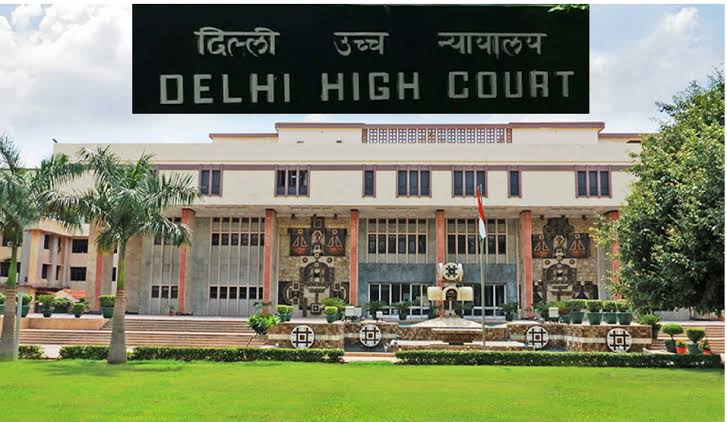


Educational instititions cannot be converted into political platforms for propagating party politics, the Delhi High Court recently observed [Swati Singh v JNU].Justice C Hari Shankar observed that discipline among students in educational institutions is essential and there can be no compromise in that regard."While there can be no proscription against students engaging in political activities, they cannot be allowed to do so in a manner which would disrupt normal campus life, or the orderly conduct of affairs in the educational institution of which they are a part. Educational campuses cannot, particularly, be allowed to be converted into political platforms, to propagate party politics," the Court said.The judge clarified that while genuine causes can be promoted, this should be done in a manner that does not compromise on the core function of educational institutions, which is to “educate an entire generation to be the leaders of tomorrow.”Therefore, the Court emphasised that disruptive activities by students must be sternly dealt with.“There is no room, whatsoever, for sympathy in such cases,” the judge added.
PIL before Kerala High Court seeks ban on student politics in colleges
The Court further stressed that while tackling instances of student indiscipline, an educational institution or university must ensure that the statutory protocol or procedural rules are strictly followed.Otherwise, the Court may be forced to set aside the disciplinary action for violation of the procedural rules, the judge pointed out.“If the student concerned is innocent, that, of course, would be just and fair; on the other hand, if the student is actually complicit in the allegations against her, or him, victory in a judicial battle harbours the pernicious possibility of her, or him, being emboldened to continue such activities,” the Court explained.The Court added that it was issuing such an advisory note because it had come across several cases where disciplinary actions against students had to be set aside because the college administration had been lax about the procedural rules.The Court made these observations while overturning a decision of the Jawaharlal Nehru University (JNU) administration to suspend a Ph.D. student on allegations that she had manhandled a security guard."This is the third case, in two weeks, in which I have had to interfere with the punishment awarded to students suspected of seriously disruptive activities only because the University, or institution, concerned has been casual about following the statutory protocol in proceeding against the allegedly erring student," the Court noted.The PhD student in question had been summoned thrice in 2023 in connection with a complaint that she had manhandled a lady security guard. However, the student did not appear before the proctor, citing either ill-health or that she was out-of-station on the dates mentioned in the summons.The JNU administration eventually suspended the student for two semesters and evicted her from the University hostel.
An appeal challenging this decision before the Vice-Chancellor was also dismissed, prompting the student to approach the High Court for relief.
The student denied the allegation that she had manhandled the security guard. Rather, the student insisted that the security guard had shoved her when she questioned the decision to allow entry to certain politically-affiliated students to a convention centre within the JNU campus.
Before the Court, her counsel argued that the JNU administration had flouted several procedural rules in ordering the student's suspension.
The Court eventually allowed the student's plea, after finding force in the argument that JNU had flouted procedural rules in suspending the student. It, therefore, set aside the student's suspension and ordered her reinstatement to JNU.
"In the present case, there have been several breaches of this procedure, not all of which can be explained away by asserting that the petitioner had not attended the enquiry despite three requests ... The petitioner is, therefore, directed to be reinstated in the JNU and allotted a hostel for her accommodation," the Court said.
The Court, however, clarified that JNU may proceed against the student, if it wished to, "strictly in accordance with law and in complete compliance with the provisions of Statues governing the JNU."
Advocates Abhik Chimni, Saharsh Saxena, Anant Khajuria and Riya Pahuja appeared for the student.
Advocate Subhrodeep Saha appeared for JNU.
TAGS: Delhi High Court Educational Institutions Political Platforms Discipline Party Politics Justice C Hari Shankar Campus Life